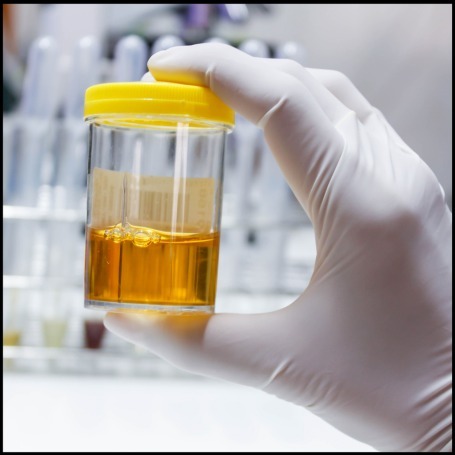
Urine Protein Test measures protein levels in the urine, helping detect kidney disease and monitor conditions like diabetes and hypertension.

The Urine Protein Test is a valuable diagnostic tool that measures the amount of protein present in urine. Protein is typically retained by healthy kidneys, so its presence in urine may indicate an underlying kidney problem or other medical conditions, such as diabetes or high blood pressure. The test is often used to detect kidney function issues, monitor kidney disease, and assess the effects of treatment on kidney health.
Detecting protein in urine is often the first indication of kidney disease or damage. Early identification of proteinuria can allow for timely intervention, potentially preventing further kidney damage or deterioration of other health conditions. This test also plays a vital role in ongoing health monitoring for people with chronic illnesses that put stress on the kidneys.
Individuals with diabetes or hypertension who need regular kidney health monitoring.
People experiencing symptoms such as swelling, fatigue, or frequent urination.
Patients with chronic kidney disease who require routine monitoring.
Individuals with a family history of kidney issues or doctors’ recommendations to check kidney function.
At Diagnopein in Pune, our facility is equipped with advanced technology and provides high-quality diagnostics that ensure accurate and reliable test results. We are committed to offering affordable healthcare in a clean, safe, and hygienic environment. Diagnopein’s team of experienced professionals ensures that each test is conducted with care, making it an ideal choice for those prioritizing their kidney health.
1. Urine Protein
A urine sample is collected, typically as a single sample or sometimes over a 24-hour period, to measure protein levels.
Generally, no special preparation is required, but it's best to follow any specific guidelines given by your healthcare provider.
Results are typically available within 24 hours, depending on the lab's processing time.
While it indicates proteinuria, further tests are usually necessary to confirm kidney disease.